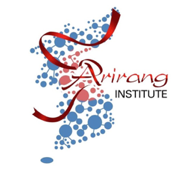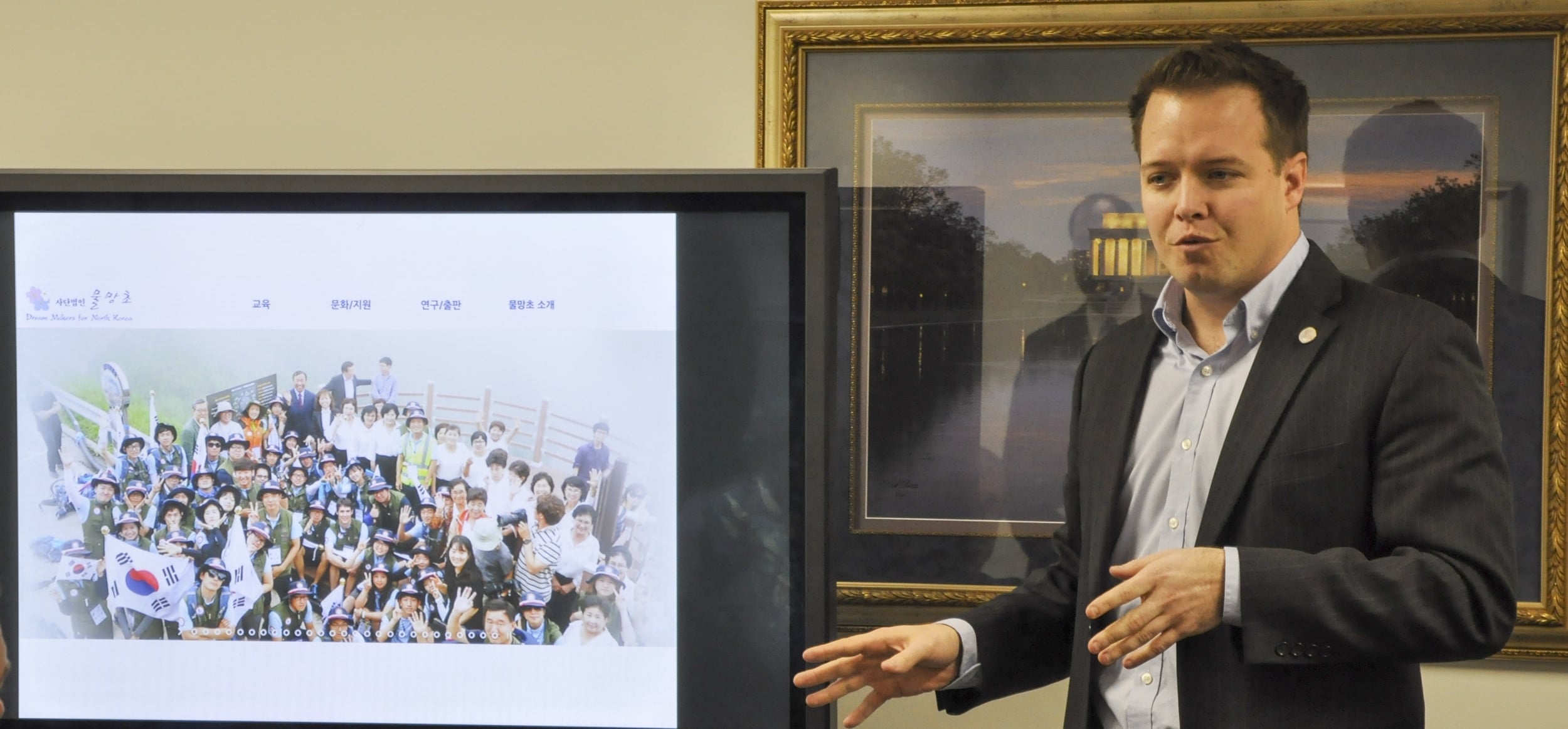He emphasized the importance of how “People to People” Diplomacy conducted by non governmental organizations and individuals, through culture exchanges, forums for dialogue and discussion can provide the necessary energy to help shape a peaceful and prosperous future unified Korean peninsula. The options available to US policymakers and the international community are few and far between.
There are calls for “Hard Headed Diplomacy” with North Korea, a non starter for the United States without North Korea’s commitment to denuclearization. Then there are those who call on China to apply or pressure North Korea, but there isn’t much China can do. Dr. Katharine Moon, Senior Fellow at The Brookings Institution, wrote, “In my view, the test on January 6 was more of a slap to Beijing’s face than a violent dance to get the attention of Washington.” China does hold considerable economic and political influence with North Korea, but the elites in Pyongyang have proven time and time again their commitment to “independence and sovereignty” at any cost.
North Korea would find other avenues to survive and have proven in the past, the “Arduous March” of the late 1990s, they have the will to do so. Furthermore, despite the tough talk, nobody in East Asia wants a scenario where the North Korean regime collapses. North Korea’s neighbors do not want a humanitarian crisis of fleeing refugees, loose nukes which need to be secured, and the possibility of the US and Chinese military coming face to face. The risk for disaster is far too great.
Finally, keep in mind Seoul is less than 100 miles away from the DMZ. This close proximity although on one hand dangerous also provides an opportunity for exchange, dialogue, and discussion with the North Korean people. There is no quick fix. This will take awhile.











